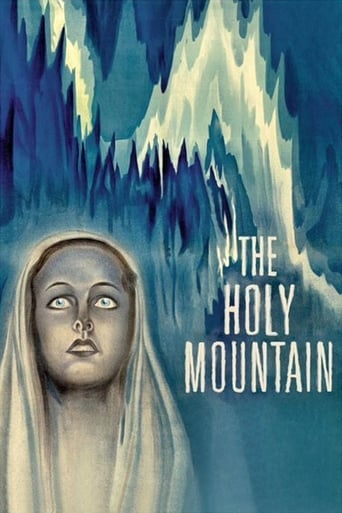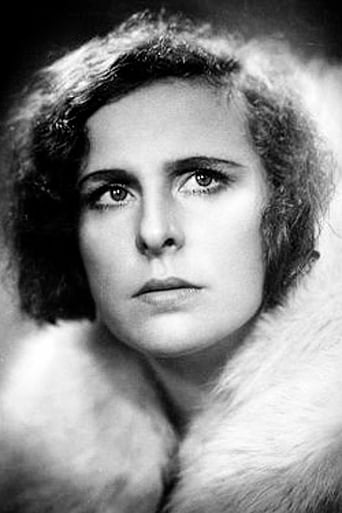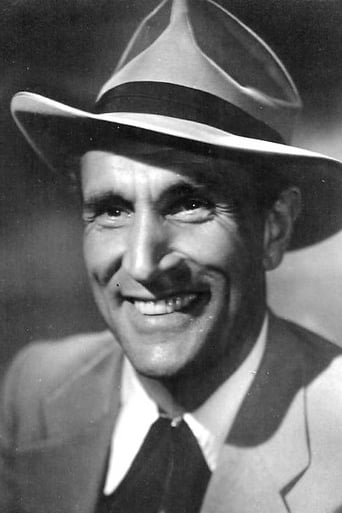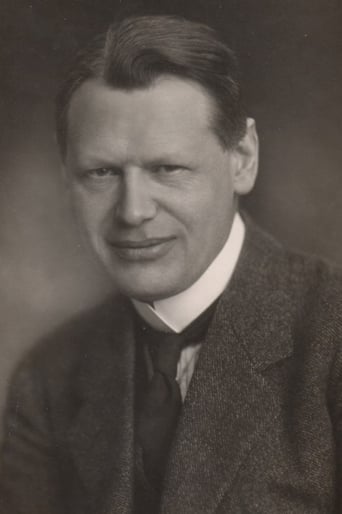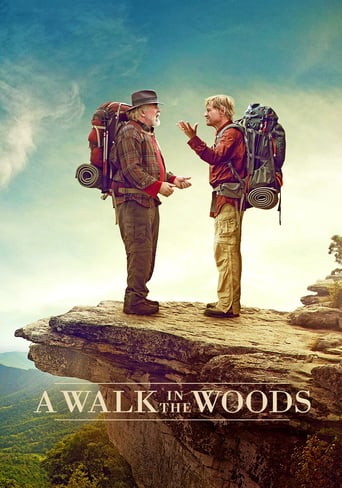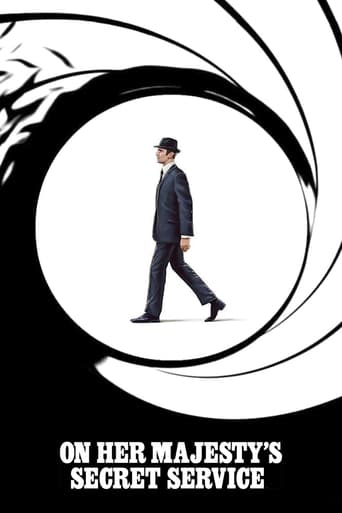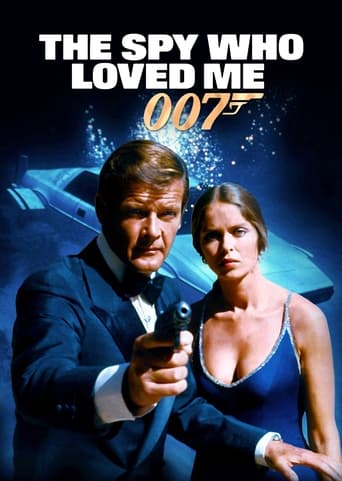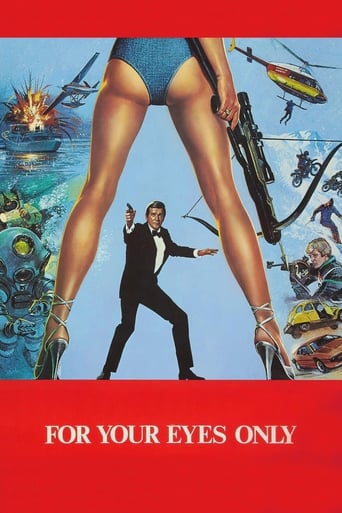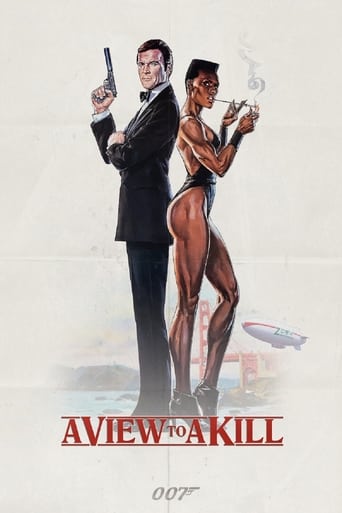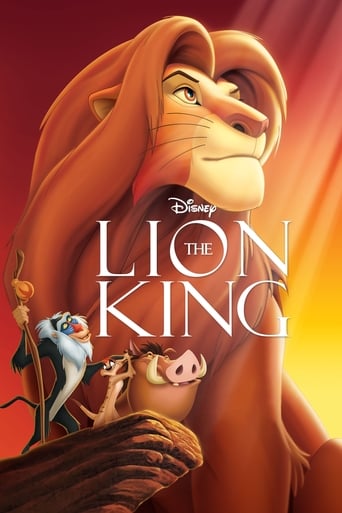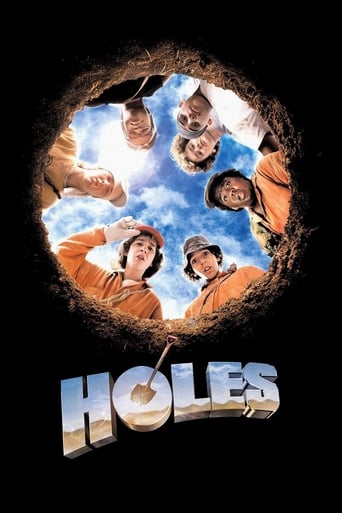The Holy Mountain (1926)
Professional dancer Diotima finds herself the apex of a love triangle when she is pursued by two mountain climbers, Vigo and his older friend.
Watch Trailer
Free Trial Channels
Cast


Similar titles
Reviews
Horrible, fascist and poorly acted
This is one of the few movies I've ever seen where the whole audience broke into spontaneous, loud applause a third of the way in.
There's a more than satisfactory amount of boom-boom in the movie's trim running time.
.Like the great film, it's made with a great deal of visible affection both in front of and behind the camera.
If you haven't seen all of Leni Riefenstahl's 'rock and snow' epics, then you might be inclined to like this one a lot more than me. However, I have seen them and after you've seen a couple, they tend to be VERY repetitive. On top of that, this film suffers from some seriously bad acting--so bad that it often overshadows the great cinematography.Today, few would remember Leni Riefenstahl, but if they did, they'd probably only remember her as a director of the massive love letter to Hitler "Triumph of the Will". However, before she began directing, Riefenstahl was a huge film star in Germany and specialized in films made in the Alps. They must have been popular, because they made so many. Some of them are really amazing--some not. What you need to acknowledge, though, is that they were extremely difficult movies to film and had many hair-raising climbing scenes.The film begins with two people. One is a child of nature (Riefenstahl) who dances about the shores and loves the valleys. She meets a man whose interests lie in the great heights of the mountains and he revels in the snow. Can these two people find love without some disaster befalling them? Well, if you ask the old lady in the film, she'll scream a definite NO--since, I assume, she'd read the screenplay. And, not surprisingly, disaster does occur--though Leni has nothing directly to do with it. I'd say more about the plot, but don't want to ruin it.My biggest problem with the film is the direction given to Riefenstahl. During much of the film, she hops about in a diaphanous dress--dancing for no apparent reason. It's very artsy....but weird. And, when she emotes, she REAAALLY emotes!! Even compared to the over-emoting of the earlier 20th century silents, she's over-emoting--to the point of ridiculousness. Now I know she was a very good actress and have liked her other films--but here she simply is told to overdo it and she comes off very poorly. Not a terrible film but a poorly directed one in all of her scenes. As for the climbing and skiing portions, it's breathtaking.
Most famous now, certainly, for containing the first starring role from actress and dancer, later director Leni Riefenstahl, this was director Fanck's second "mountain film" and in late 20s Germany probably didn't really stand out amongst the many other examples, including Alfred Hitchcock's now-lost The Mountain Eagle released the same year. And Riefenstahl's performance isn't really enough of a reason to see the film unless one has a significant interest in her; she's not really that good, rather amateurish here, and her dancing though decent enough seems entirely of the pagan/ritualistic type and gets rather tedious after a while.It's an old story, too -- the love triangle, in this case a mistaken one as Diotima (Riefenstahl) falls instantly in love with mountaineer/ski instructor Karl (Luis Trenker, magnetic and giving far and away the best performance here) only to have his younger friend Vigo (Ernst Peterson) fall for her. Tragedy is the end result, but not before we get to see an awful lot of great mountain climbing, cross-country skiing, and ski jumping footage. It's the photography and action sequences that make the film worth a view, not the stilted storyline. Curiously the film seems to have a rather pagan, earthy attitude towards God and nature, only to have that disrupted in the final frame by a very Christian-seeming "FAITH".The Kino DVD is quite beautiful and alternates between bluish and sepia tinting, but I have to take issue with the music, apparently scored and performed specifically for the film by a small ensemble; it's nice enough on its own but doesn't fit the Teutonic grandeur or wildness to my ears...more of a Buster Keaton or silent western score, it seemed to me. My advice is to turn down the music and crank your own Wagner, Bruckner or perhaps best of all, Mahler.
the first thing i have to mention is the transfer of the film. usually physical film quality is not of primary importance to me - but if (as in this case) there are a disturbing number of frames missing, your viewing pleasure is seriously impaired. here barely one minute goes by that the continuity within the same shot doesn't jump. having said that - the transfer is somewhat recent, restored and licensed from the murnau-stiftung, so i guess it has to be the best version available (i own the eureka edition). now ... the film is certainly not a masterpiece, but the sports scenes still can excite. so can the mountain and nature photography, which is rather splendidly done (they didn't even shy away from pointing the camera straight into the sun - something one doesn't see too often in movies). and this was about all the good there is for me. starting with the awful German text plates - in which even the basics of human behavior (of the characters) are displayed as requiring superhuman efforts/emotions ... the subconscious prelude to war i guess. the English subtitles thankfully use much better language - quite elegant in that too. also there is no humor in the film. one might smile about the idiotic script every now and then (nowadays), but this was certainly no intention back when it was filmed. conclusion: if you like silent movies, winter sports and history it might be worth a look, but not much else is there to be found.
Director/Script: Arnold Fank, Cast: Leni Riefenstahl, Luis Trenker, Ernst Petersen. Arnold Fank was known for "mountain films" during the German silent era. This is considered to be his most famous. This film is basically a mellow drama. It is the mountaineering, skiing and dancing that make this film so interesting to watch. It centers around this beautiful dancer named Diotima (played by Leni Riefenstahl) and two men that fall for her, a mountain climber named Karl (played by Luis Trenker)and a ski champ named Vigo (played by Ernst Petersen). Karl and Diotima develop a relationship, Karl leaves to go on a mountain climb. During this time she meets Vigo at a ski competition and develops a friendship with him. Karl comes back from his expedition to find Diotima with Vigo and he become very jealous of Vigo. He offers to take him on a climb up the north face of a mountain during the time of the season when it is considered dangerous to do so because he wants to do harm to his friend. Vigo reluctantly offers to go because of the climbing conditions. Anyhow, they climb the mountain together, they get up on a high ledge and Karl pushes him off the ledge but ends up trying to save him because they are roped together. They are stuck up there for a long period of time in harsh conditions. At some point Vigo can't take hanging on the ledge any longer and asks Karl to cut the rope and save himself. Karl refuses to do this. I will not say what happens to them.This film could be enjoyed by anyone who likes classic cinema and silent films and is a great film to have for anyone who is into skiing or mountaineering. The mountain photography is very good. The film is colour tinted mostly in blue and golden hues. Many of Leni's dancing scenes are shown with her silhouetted as are many of the climbing scenes with the colour tinted background. Their is a ski-jump competition scene that is very cool to watch. The ski race is also impressive and it takes up much of the film.Leni Riefenstahl become a director in her own right. Evidently Hitler was impressed by her work and asked her to make Nazi propaganda films for him and she did. This all but ruined her career. I do not know if she actually shared those views but I have read that she regretted being associated with those films. She lived a long time, dieing just a few years ago. She made her last film just a year or two before she died.This was her first film in over forty years.

